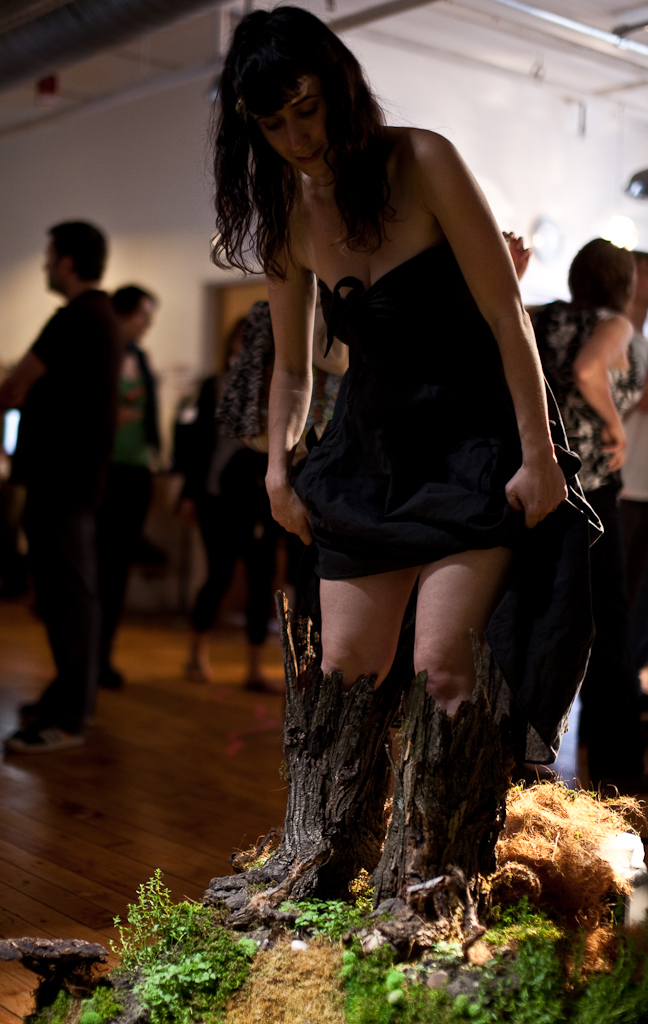« Back to people
Francois Grey
Former Adjunct, Class of| Courses Taught: | Science and the City Citizen Cyberscience |
Francois is passionate about advancing Open Science, specifically Citizen Cyberscience. Citizen cyberscience is a collective term for a diverse, grass-roots movement that is enabling ordinary citizens to participate in real scientific research thanks to the Web. Practically anyone with an Internet connection can join: schoolchildren, office workers, pensioners. Using PCs, laptops and even mobile phones, volunteers can classify images of distant galaxies or track the migration patterns of endangered species, to name just two examples. Citizen cyberscience is social networking with a purpose. It turns science education into a highly motivating participative activity. At present, citizen cyberscientists are mainly concentrated in Europe and North America, and number in the hundreds of thousands. Francois’s aim is to help make this number grow to tens of millions. He is catalysing a trend in the scientific community that will boost the number of online science projects, from dozens today to thousands in a few years. Most importantly, he wants to help more scientists in the developing world – Africa, Latin America and South-East Asia – to exploit citizen cyberscience, since it is a highly appropriate technology for researchers with limited resources. Francois is a physicist by training, with a background in nanotechnology and a strong interest in science communication. He spent six years at CERN, managing IT communications. In 2004 he initiated and managed the launch of a volunteer computing project called LHC@home. This led to another project called Africa@home, launched in 2005 in collaboration with several academic institutions, NGOs and United Nations agencies. He is currently based in Beijing and NYC, where he has spent the last two years as a visiting professor at Tsinghua University, part of that time supported by the Chinese Academy of Sciences to develop citizen cyberscience in China and more widely in South-East Asia, through an initiative called Asia@home and a project called CAS@home. In 2009, he helped establish a Citizen Cyberscience Centre in Geneva, which is a partnership between CERN, the United Nations Institute for Training and Research and the University of Geneva.



